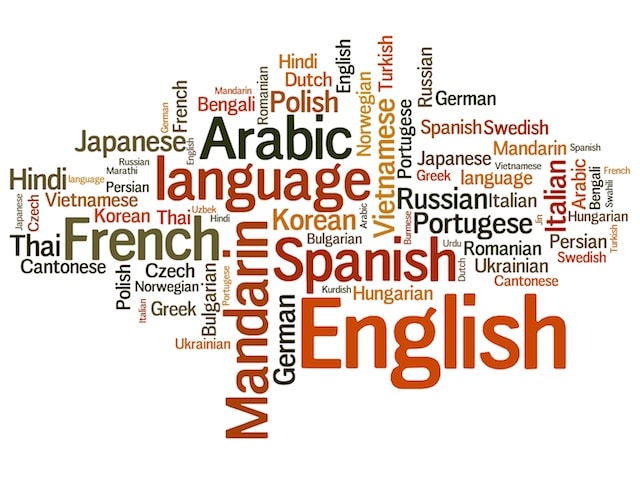ICELANDIC LANGUAGE
Understanding The Icelandic Language & Providing Professional Icelandic Interpreters, Translators and Transcriptionists
American Language Services (AML-Global) understands the importance of working in the Icelandic language. For over a Quarter of a Century, American Language Services has worked with the Icelandic language as well as hundreds of others from around the world. We offer comprehensive language services 24 hours, 7 days a week worldwide by providing Icelandic interpreting, translation and transcriptions services along with hundreds of other languages and dialects. Our linguists are native speakers and writers who are screened, credentialed, certified, field tested and experienced in a number of specific industry settings. The Icelandic language is unique and has very specific origins and characteristics.
Iceland and Its Liberal Views Concerning Economics, Art and Sexuality
Icelandic is a language spoken in the Republic of Iceland, an island country located in the North Atlantic Ocean between mainland Europe and Greenland. Norse tradition has a large influence on Icelandic culture. Icelanders place relatively great importance on independence and self-sufficiency; in a European Commission public opinion analysis over 85% of Icelanders found independence to be “very important” contrasted with the EU25 average of 53%, and 47% for the Norwegians, and 49% for the Danes. Interestingly, some traditional beliefs remain today; for example, some Icelanders either believe in elves or are unwilling to rule out their existence. Iceland is also known for its liberal viewpoint; in 2006 by unanimous vote of Parliament legislation was passed grating same-sex couples the same rights as heterosexual couples. Iceland remains a very prestigious and proud republic whose outlook on life is extremely open to outside influences.
Icelandic Grammar
Icelandic retains many grammatical features of other ancient Germanic languages, and resembles Old Norwegian before its inflection was greatly simplified. Modern Icelandic is still a heavily inflected language with four cases: nominative, accusative, dative and genitive. Icelandic nouns can have one of three grammatical genders masculine, feminine or neuter. There are two main declension paradigms for each gender: strong and weak nouns, which are furthermore divided in smaller paradigms for declension, according to many criteria (sound-shifts, consonant clusters etc.) Additionally, Icelandic permits a Quirky subject, which is a phenomenon whereby certain verbs specify that their subjects are to be in a case other than the nominative.
The Important Use of Voice in Icelandic Language
Unlike many languages, Icelandic has only very minor dialectal differences in sounds. The language has both monophthongs and diphthongs, and consonants can be voiced or unvoiced. Voice plays a big role in the pronunciation of many consonants. For most Icelandic consonants, there are voiced and unvoiced counterparts.
Who are You Going to Trust with Your Vital Icelandic Language Needs?
The Icelandic language is an important language worldwide. It is vital to understand the general nature and specific idiosyncrasies of Icelandic. Since 1985, AML-Global has provided outstanding Icelandic interpreters, translators and transcriptionsts worldwide.
























